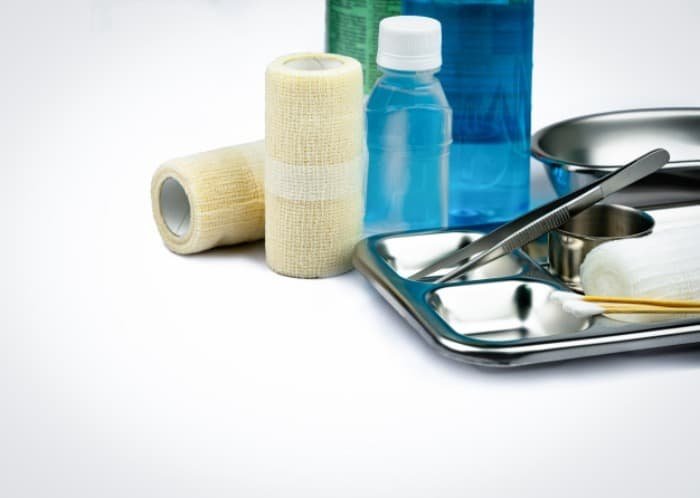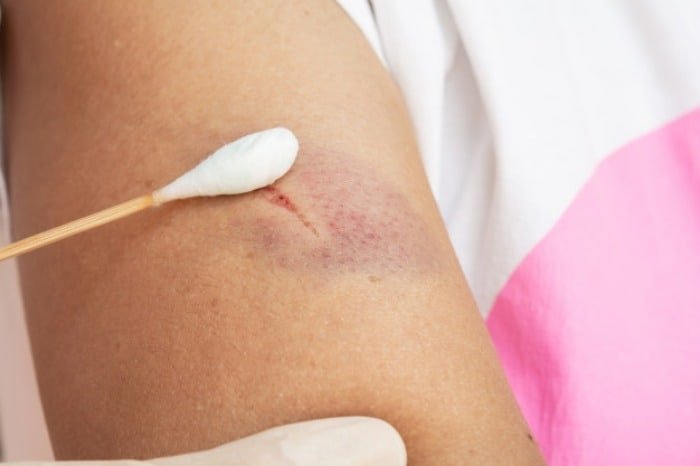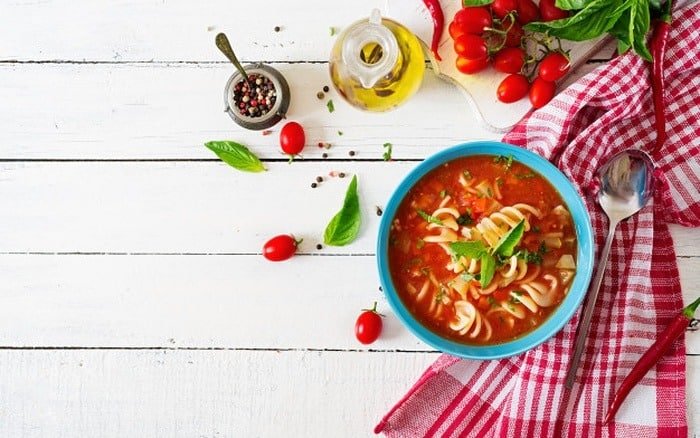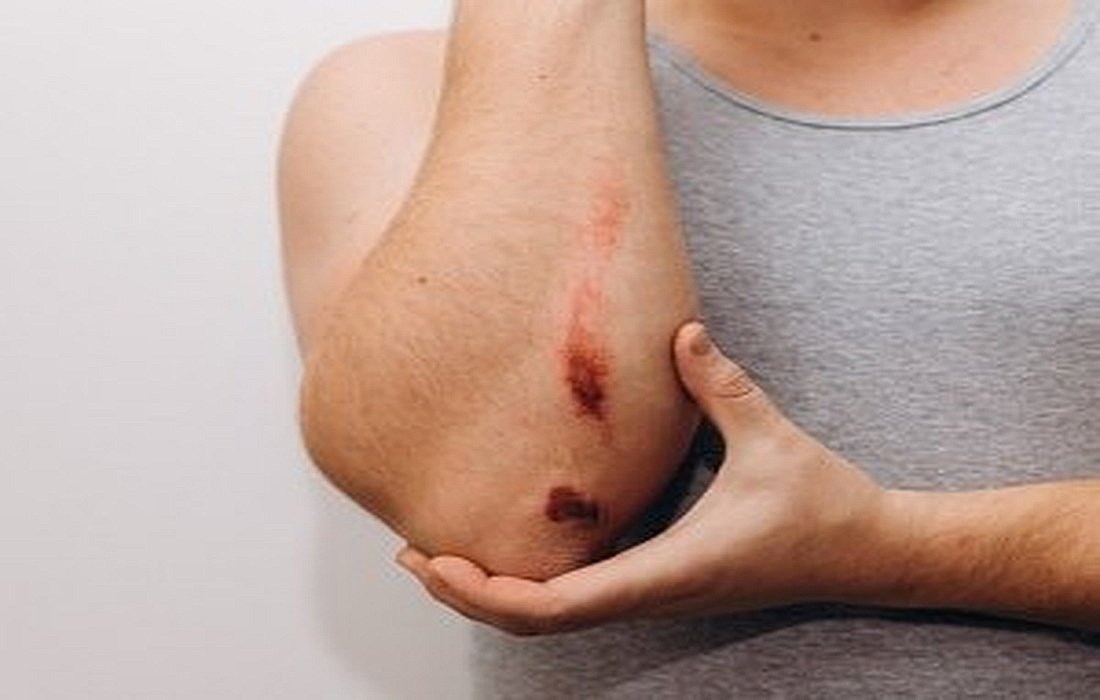When does a wound get infected?What is the treatment for wound infections?What is it?
A wound can become infected in various ways and may not heal quickly at times. Sometimes, the wound is visibly infected and does not heal, leading to itching and pain. In such cases, the wound may become infected internally.
What are the risks of an infected wound?
An infected wound can affect the entire body and cause serious problems impacting vital organs, potentially leading to death. An infected wound can result in sepsis, which is a more severe infection. Eight million people worldwide die from this infection, with most occurring from hand cuts.

Who is at risk for wound infections?
The main causes of wound infections include:
- Obesity
- Diabetes
- Smoking
- Weak immune system
- Use of steroid medications
Is hydrogen peroxide, iodine, or alcohol effective for treating wound infections?
No, these treatments are only for infection prevention.
For natural treatment, it is better to use home remedies.
Infected wounds can also be treated withAntibioticsprescribed by a doctor or specialist.

How to care for infected wounds?
For deep wounds, make sure to see a doctor. For wounds, cuts, and scrapes, follow these steps:
- Wash your hands with water andsoap.Then disinfect the area with a pad and alcohol.
- Next, apply canola oil to the area.
- If you feel that the wound has become infected, visit a doctor.
- What foods should people with infected wounds eat?
The diet for infected wounds should provide sufficient energy and protein to help the body recover.
If you are obese, you should also avoid any restrictive diets and provide nutrients that include legumes, proteins, fruits, and vegetables.
Foods
such aspotatoes, barley, white rice,pastaor legumes can provide carbohydrates to the body.Nutrients for wound healingExamples of nutrients for wound healing include:

pasta soup
potatoes
- fried foods
- oatmealvegetables
- rice with vegetables.
- Proteins such as
- eggs
- can promote faster wound healing.Low fat for those with infected woundsMost of our foods are prepared with oil, but if you have an infected wound, you should reduce oil consumption.
- Garlic oil
can also be a good substitute for the oils you usually use in food. Another suggested oilis olive oilor sunflower oil.When cooking for people with wound infections, follow these tips:Use salt, especially if you

have diarrhea
- but do not over-salt the food.Avoid canned foods, foods with preservatives, andsausages.
- Cook food at low temperatures and be careful not to eat burnt or very hot food.Recommended foods for improving wound infectionsGarlic, which is one of the most important natural antibiotics, fights infections due to its vitamin B6 content and antibiotic properties.
- Ginger helps with digestion and has antibiotic properties.
Carrot juice
- is also a good remedy for wound healing. Just add lemon and
- orange juice
- which is high in vitamin C to your meals.What factors increase the risk of wound infections?Any factor that reduces the body’s ability to heal wounds puts a person at greater risk for wound infections, including:People over 65

Smoking or being overweight.
Medical conditions like diabetes,
- AIDS
- or cancer that weaken the immune system.
- Medications like steroids that weaken the immune system.Radiotherapy,chemotherapy,
- or poor nutrition.
- Wounds caused by metal or glass.High blood pressure,blockages in blood vessels, or narrowing of vessels.
- What are the symptoms and signs of wound infections?
- Feverheat, redness, pain, and swelling of the wound.
Blood or discharge from the wound.
- Foul odor from the wound.
- How is a wound infection diagnosed?
- Usually, CT scans or X-rays are used to diagnose these wounds and detect any infection in the body tissues. Sometimes, a contrast dye is injected for a better image.
- Other main treatments for wound infections besides home remedies

For these treatments, the severity of the wound, its location, and how it occurred are evaluated. They also examine the individual’s health and the healing time. At this stage, the practitioner will implement the following methods for treatment:
Medications that reduce pain and inflammation.
Wound care is recommended.
They may use oxygen therapy, which usually delivers high levels of oxygen to the tissue.
- They may also need surgery to remove the infection or dead tissue.
- When should you see a doctor immediately?
- If you have any of the following conditions with a wound infection, seek medical help immediately.
- Shortness of breath

rapid heart rate
blood soaking through the bandage.
- Dizziness
- separation of the wound edges.
- Severe pain
- redness around the wound.
- Fever and chills
- swelling around the wound.
- Lack of improvement in symptoms.
- Numbness in the wound area.
- Infected wound.
- Risk factors for wound infections.
- Risks of wound infections.







